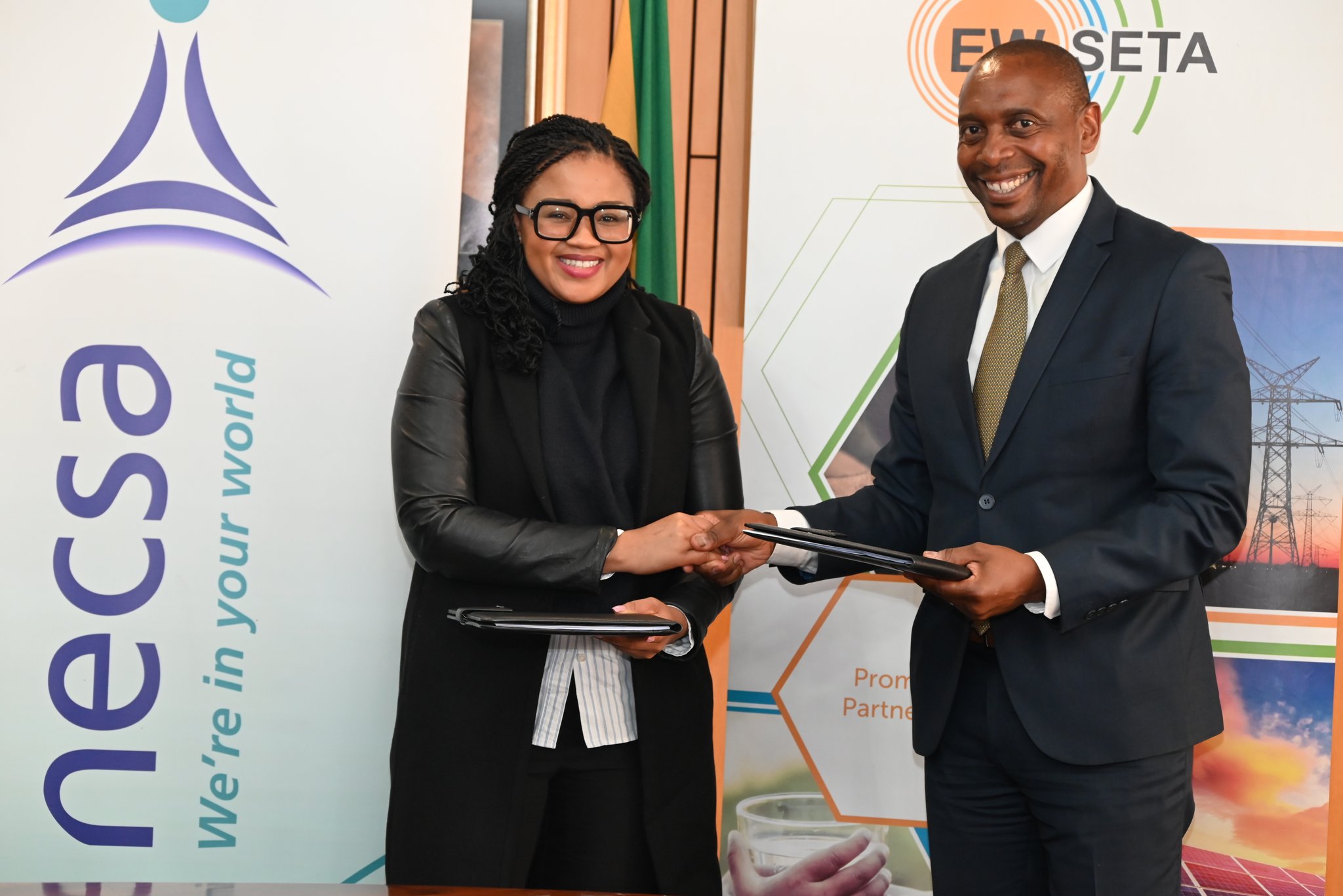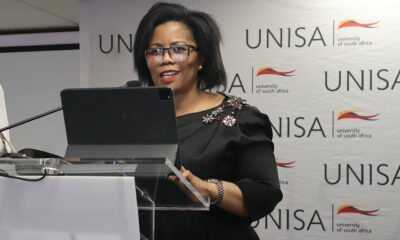Business
South Africa’s Nuclear Future Starts in the Classroom: Necsa and Ewseta Join Forces

Necsa and Ewseta team up to fuel youth skills and industry growth
In a move that could shape South Africa’s energy and environmental future, two major players, Necsa and Ewseta have come together to do more than just sign paperwork. Their new Memorandum of Understanding (MoU), announced this week, aims to build a stronger skills pipeline in the nuclear energy and water sectors, laying the groundwork for a generation of highly trained local professionals.
At its heart, this isn’t just another bureaucratic deal. It’s a bold step toward tackling some of South Africa’s most pressing challenges: energy security, youth unemployment, and the need for innovation in critical infrastructure.
Why This Partnership Matters Now
With load shedding still a reality and South Africa’s water security increasingly under threat, the timing couldn’t be more crucial. The MoU marks the beginning of a concerted effort to not only train nuclear engineers and radiation safety officers, but also to bring real transformation to how we prepare young people for jobs that barely existed a decade ago.
Necsa (South African Nuclear Energy Corporation) and Ewseta (Energy and Water Sector Education and Training Authority) are both respected in their fields. Necsa runs the Necsa Learning Academy, which is already grooming professionals in nuclear science and engineering. Ewseta, meanwhile, is a key player in designing education strategies aligned with national economic goals.
But until now, much of their work has happened in parallel. This agreement changes that by aligning resources, programmes, and goals—shifting from theory to coordinated action.
More Than Just Engineering
This isn’t about creating a handful of elite nuclear scientists. The partnership will also encourage entrepreneurship, support emerging businesses, and introduce young people to career opportunities in radiation protection, reactor operations, and nuclear plant maintenance. It goes further to promote inclusive access for historically disadvantaged individuals, a major issue in the country’s education and technical training landscape.
There’s also a clear focus on innovation. The two organisations are pledging to strengthen academic-industry linkages—something often missing in South African training models. That means not only helping students graduate but ensuring they can apply their knowledge in real-world settings, from cutting-edge laboratories to water treatment plants.
What the Leaders Are Saying
Loyiso Tyabashe, CEO of Necsa, summed up the vision clearly:
“Collaborating with institutions such as Ewseta is essential to advancing South Africa’s national and socioeconomic development agenda. This MoU allows us to better define and meet the evolving skills needs of the nuclear sector.”
Ewseta CEO Mpho Mookapele added a forward-looking note:
“This partnership allows us to design and deliver responsive training that empowers young people and supports the growth of the nuclear value chain.”
Their shared optimism isn’t just PR speak. Both CEOs have long championed workforce development as central to building a resilient South African economy.
Public Reaction: A Mix of Cautious Hope and Urgency
On social media, the announcement has sparked cautious optimism. Some users hailed it as “finally, a serious plan for the future,” while others asked tough questions about when the results will be visible and how quickly training will translate into jobs.
Given South Africa’s complex relationship with nuclear energy, one that spans decades of promise, political hurdles, and fierce debate, the news has also reignited discussions about how safe, sustainable, and scalable nuclear power can really be for the country.
The Bigger Picture
Globally, nuclear energy is making a comeback, especially as countries seek low-carbon power alternatives. For South Africa, which still leans heavily on coal, this partnership might be a quiet but powerful pivot toward a more balanced, greener energy mix.
What makes this deal stand out is its focus on people. It’s not just about megawatts and water purification—it’s about creating pathways for South African youth to find purpose, dignity, and careers in a world fast shifting toward science and sustainability.
And if Necsa and Ewseta make good on their promises, this MoU might one day be remembered not just as a policy document, but as a turning point in South Africa’s skills revolution.
{Source: IOL}
Follow Joburg ETC on Facebook, Twitter , TikTok and Instagram
For more News in Johannesburg, visit joburgetc.com



























